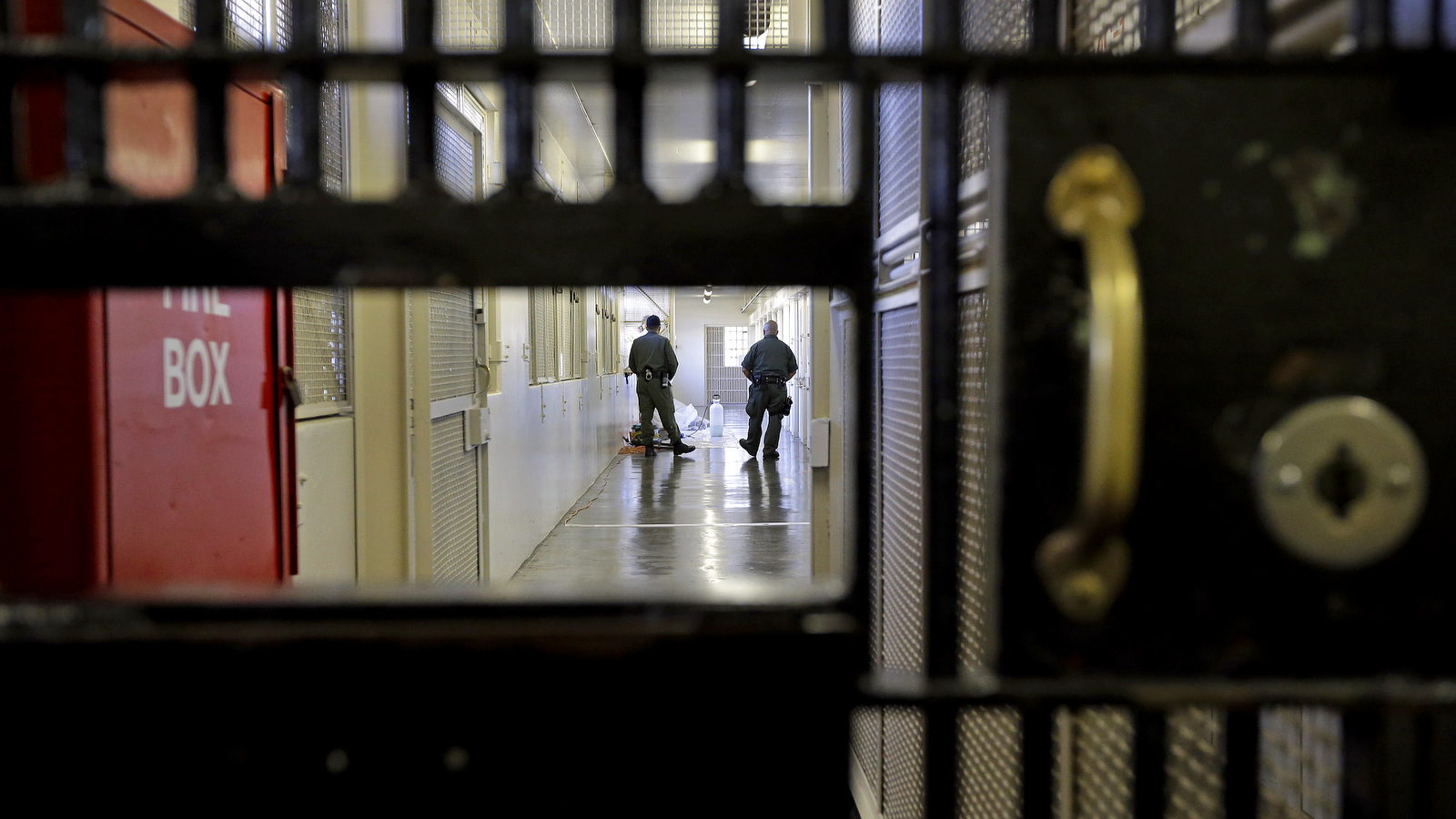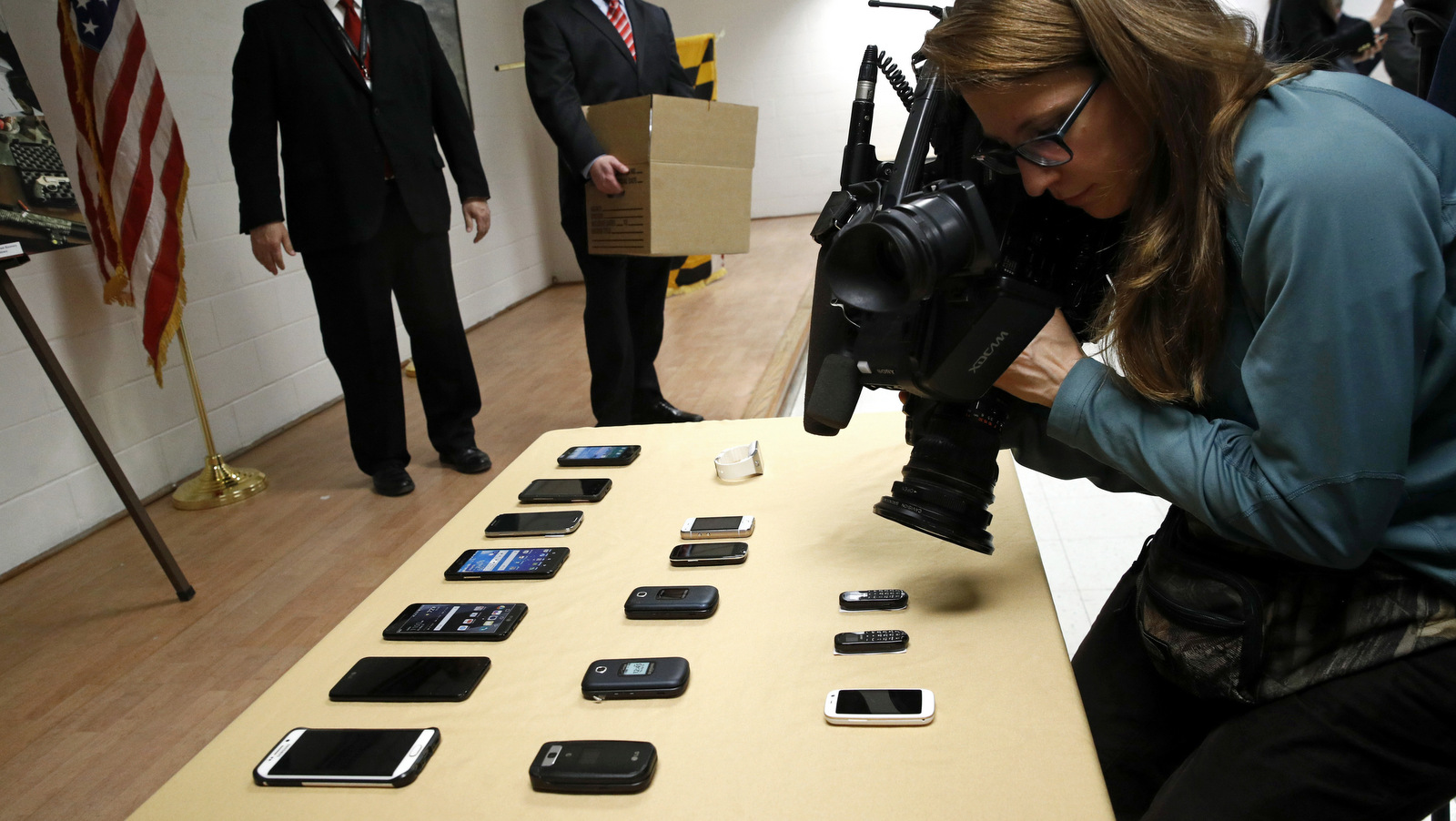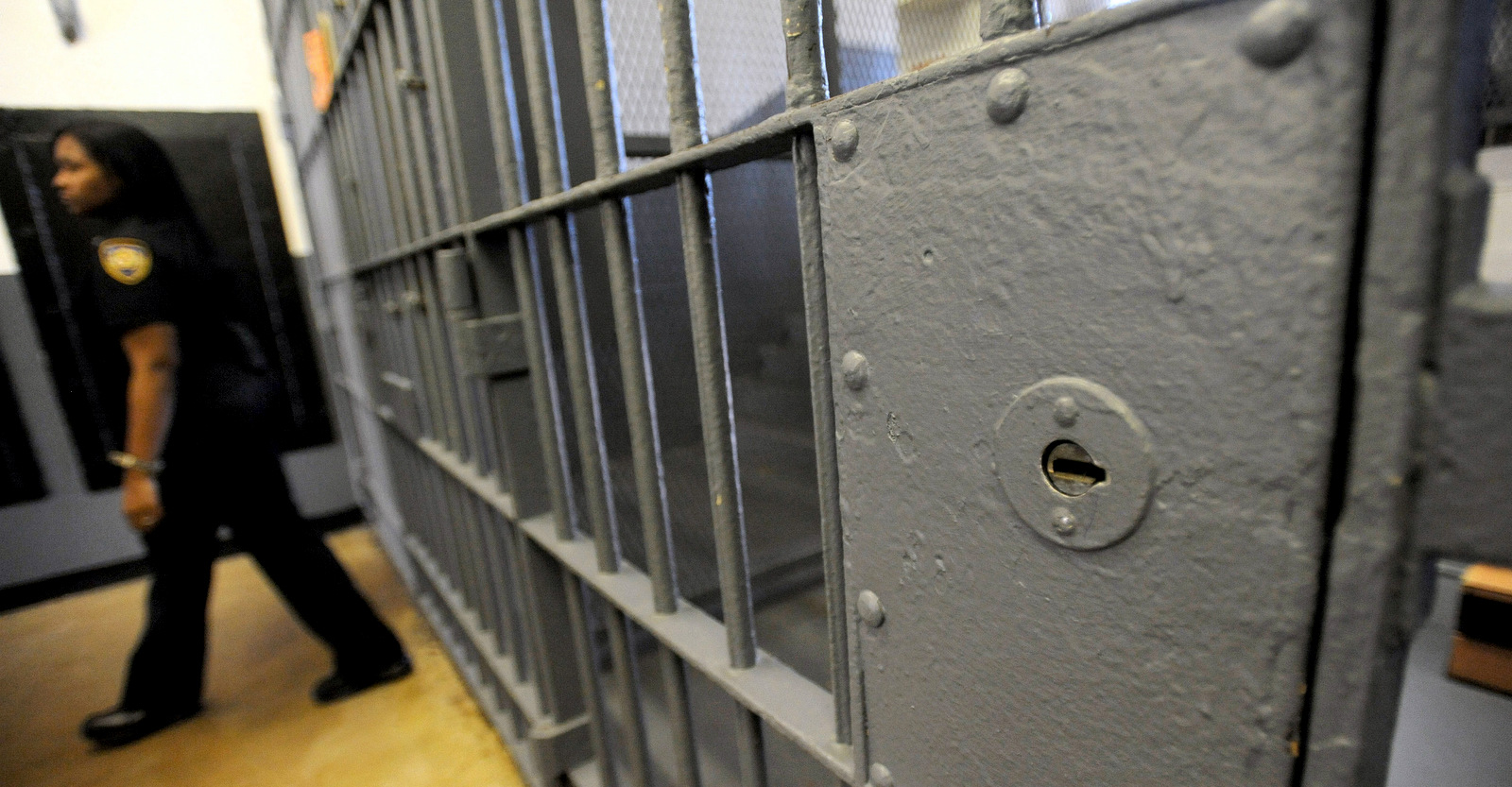ALBANY, NEW YORK – Prisons in New York state are rolling out a program that will ban most reading material and end inmate care packages from families. The program is currently being tested at three state prisons, but plans to implement the directive at all 54 of the state’s correctional facilities are aiming for a Fall 2018 start date.
Authorities say the move will help clamp down on contraband – prohibited items – inside the prisons, which they claim will, in turn, make the prisons safer for both staff and inmates. While supporters and prison activist groups have decried the new policy as being “draconian” and creating another economic hurdle for families, what’s not being talked about is the primary way that contraband gets into the prisons in the first place: correctional officers walk it in.
The role of guards

Gary Heyward, who spent two years in prison for smuggling tobacco and cocaine into New York’s Riker’s Island facility, says that when he was a new correctional officer in training, his instructor told him: “‘Look to your left. Now look to your right. One of you is going to smuggle something in, some inmate is going to talk you into doing bad.” Hayward said, “I thought, ‘Oh, no, not me.’ But, you know, you never think it’s going to be you.”
The stories of prison guards who either attempted to or did bring contraband into state prisons are legion. And, while the operations to catch corrections officers in the act often net only one or two officers but numerous non-prison employees, the fact remains that correctional officer collusion is difficult to deter. One reason is that in many instances, guards who bring in contraband are given mere slaps on the wrist.
Read more by Thandisizwe Chimurenga
- US Police Kill A Thousand Each Year While Cops Are Safer than Trash Collectors
- Baltimore’s Apartheid Schools: Students Forced To Sit in 40 Degree Classrooms
- Twitter Policy Censors Self Defense Against Militaries But Allows Promotion Of State Violence
- Erica Garner’s Death and the Collateral Damage of Police Violence
According to an article published in March 2009 in the Houston Chronicle, in a five-year study of personnel records spanning 2003-2008:
Of the 263 employees disciplined solely for contraband, about three-fourths were given probation, where they were placed under special scrutiny for specified periods. Thirty-five were fired; 26 received no punishment at all. One of the 263 was criminally prosecuted for the contraband, but served no prison time.”
The 263 employees were at 20 of the state’s prisons that had the most pervasive problem with contraband during the years studied.
Spitting at the wrong spot

California has tried a variety of ways to clamp down on its prison cell phone problem, including installing multi-million dollar hardware such as scanners, surveillance cameras and metal detectors, and signal-jamming technology. Even though it hasn’t worked well, the state is continuing that program. What California has not done, however, is stand up to the union for correctional officers.
The California Policy Center scolded the state and Governor Jerry Brown several years ago for cowardice in the face of the guard’s union. The issue, which is couched in labor language, is that corrections officers are not required to walk through metal detectors when they get to work at any of the state’s 23 prisons. Writing for the Policy Center in 2011, Stephen Greenhut states:
[T]hink about that for a moment. When mostly law-abiding people head to the airport to take a family trip, they must endure increasingly intrusive screenings and X-rays and searches. At the state’s prisons, there is no such screening system. We can thank the obstructionist efforts of the prison-guards union. As always, unions zealously protect even the most corrupt and bad-behaving members, which creates something of a race to the bottom.”
At issue is the concept of “walk time.” That’s where a correctional employee literally gets paid to walk from their car into the facility. Paying officers for the time taken to remove various articles of their uniform, to go through a metal screening process, then put their items of clothing back on, could cost the state millions of dollars. Money the state is not willing to part with. Even when it knows without question that the guards are the ones bringing in the contraband cell phones.
Correctional officers, like police officers, enjoy a benefit of the doubt that the average person does not. That benefit of the doubt extends to automatic trust in their character, belief in their innocence, and belief in their statements about the inmates they guard. Like their brothers in law enforcement out on the streets, these law enforcement officers in our correctional facilities must be looked at critically, with less of a blind-spot. If not, we will continue to go round and round, and search far and wide when the answers are right in front of us.
Top Photo | A correctional officer stands near a gate at Baltimore City Detention Center in Baltimore. (AP/Steve Ruark)


